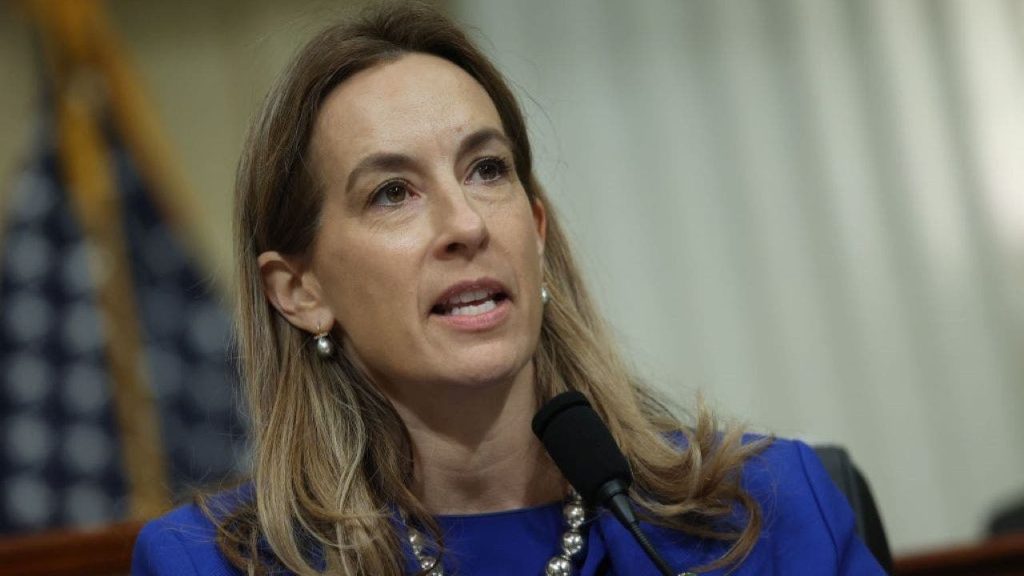The implementation of New York City’s congestion pricing plan has ignited a firestorm of controversy, particularly from neighboring New Jersey. Representative Mikie Sherrill (D-NJ) has emerged as a vocal critic, accusing New York of unfairly burdening New Jersey commuters to bolster the Metropolitan Transportation Authority’s (MTA) finances. Sherrill argues that the new toll, which took effect on Sunday, will disproportionately impact New Jersey residents, forcing them to shoulder the financial burden while simultaneously exacerbating traffic congestion and pollution levels in their own state as drivers seek alternative, less expensive routes. She has pledged to fight back by attracting businesses to New Jersey, promoting remote work options, and expanding shared office spaces, aiming to reduce the reliance of New Jersey residents on commuting into New York City.
The congestion pricing plan, which charges drivers entering Manhattan’s central business district, has been championed by New York officials as a crucial step towards modernizing the city’s aging transit infrastructure. Projected to generate billions of dollars in revenue, the plan is intended to fund much-needed improvements to the subway system and other public transportation services. MTA Chair Janno Lieber has defended the program, emphasizing the pressing need to address Manhattan’s severe traffic congestion. He maintains that the long-term benefits of improved public transit will outweigh the initial costs and inconveniences, ultimately enhancing the city’s overall quality of life for all residents, including commuters.
However, the plan’s implementation has not been without its legal challenges. New Jersey officials filed a lawsuit seeking to halt the program, arguing that New York failed to adequately assess the environmental impact on surrounding areas. A federal judge ultimately ruled against the delay, paving the way for the toll to take effect. This decision further fueled the discontent among New Jersey officials and residents, who feel their concerns have been disregarded. They contend that the environmental review process was insufficient and that the plan will negatively impact air quality and traffic flow in New Jersey.
The financial burden imposed by the congestion pricing plan has become a major point of contention. Some commuters could face combined daily charges of up to $22, including existing tolls for Port Authority crossings. This significant expense has sparked outrage among New Jersey residents who rely on driving into the city for work and other purposes. They argue that the added cost places an undue strain on their household budgets, particularly during a period of economic uncertainty. Critics also point out the potential for increased traffic congestion in areas surrounding the toll zone as drivers seek alternative routes to avoid the fee.
The political implications of the congestion pricing plan are also significant. Rep. Sherrill’s vocal opposition to the plan comes amidst a competitive gubernatorial race in New Jersey, where she is vying for the Democratic nomination. Her stance on this issue resonates with many New Jersey voters who feel aggrieved by New York’s actions. It remains to be seen how this issue will play out in the upcoming election, but it is clear that it has become a significant factor in the political landscape.
In essence, the implementation of congestion pricing in New York City represents a complex interplay of competing interests. While proponents tout its potential to revitalize the city’s public transportation system and alleviate traffic congestion, critics argue that it unfairly burdens commuters, particularly those from neighboring New Jersey. The ongoing legal challenges, political maneuvering, and public outcry underscore the deep divisions surrounding this controversial policy. The long-term effects of congestion pricing on both New York and the surrounding region remain to be seen, but it is clear that this issue will continue to be a source of debate and contention for the foreseeable future.

